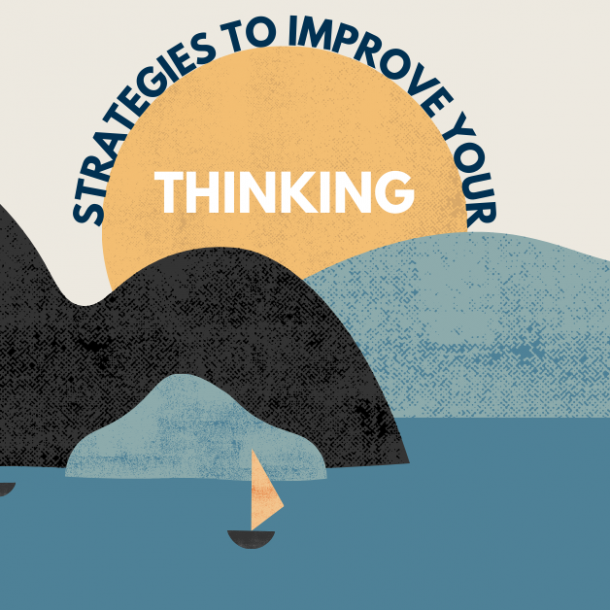Mastering Mentorship: Reflect, Connect, Give Back
Dont have time to read? You can watch this video here:
Last week, we discussed the five basics of networking. Today, we will be talking about the three key relationships in mentorship! We will cover your relationship with yourself, your mentors, and your mentees.
First and foremost, let’s talk about YOU!
Mentoring and mentorship start with you. You need to know about yourself! Look at your strengths, weaknesses, your goals, what you need, and your learning preferences. Use all these pieces of information to design a path that will lead you to your desired destination! After all, you know yourself best and are more aware than anyone of the opportunities you can take and the obstacles that may slow you down on your journey! A proper reflection on yourself will be what you need to find the right mentors who can help you progress. What was discussed just now is known as self-mentoring! This process is essential for BOTH you and your mentors. This step is SO important because you can’t expect to build a meaningful relationship with a mentor if neither they nor you know your strengths and shortcomings.
On a side note, self-mentoring includes taking notes of your reflection on yourself to concretize and share more effectively with your mentors. This is how you will be more aware of what skills you should work on and what kind of assistance your mentor should provide for you to reach your goal!
Next, find the right mentors!
Now that you know yourself well, find the best mentor who will suit you. One common mistake people make is looking for someone way above their level to teach them. You should instead focus on the person who will help you make the next step toward your goal. For example, if you are a new student studying entrepreneurship, you shouldn’t look for the wealthiest entrepreneur in the world as your first mentor. Instead, you should find the person who will help you take steps toward your goal and prepare you to learn from mentors of a higher level. That way, before you know it, you’ll be better able to learn from that extremely successful entrepreneur!
Another point worth mentioning is that no matter how much effort you put in, you won’t learn everything you need from one mentor. What you should do, then, is to think of yourself as a company and think of your mentors as members of the board of directors. One man can’t help the company succeed. However, different members with different skills and experiences will contribute differently to the company and help it grow.
As a starter, maybe have one or three mentors, but not seven. Don’t take everything at once. Take small steps. When you are ready, add people who can help you. By taking smaller bites, you can avoid overloading yourself with work. With less workload, you will focus on your learning quality rather than your quantity of learning.
Finally, remember that mentors are NOT tools. They are humans! This is why you should also try to have more than just a utilitarian and one-sided relationship with them!
Last but not least, GIVING BACK!
Once you’ve achieved skills and experiences, look at the contributions you can make to help others. Having mentors and mentees is what maintains stability in your mentorship journey. That said, all you have to do is find someone who you can help out with and offer him your assistance. You don’t necessarily have to be powerful or very successful to mentor that person. All you need to do is ensure your help will get them to take another step toward their goal! As you take from others, start giving as well!

Key takeaways:
- Before commencing your journey toward your goal, get to know yourself! This will be very handy for you and your mentors!
- When looking for a mentor, focus on finding one who can help you progress, not the “best” of them all!
- Know that one mentor can’t teach you everything you should know
- Don’t keep your relationship with your mentor one-sided. Treat them like humans, NOT tools.
- Once you’ve acquired experiences and skills, start giving back by mentoring at least one person!
This week was about the three mentor relationships you need to succeed. Next week, we’ll be discussing radical integrity. Thanks for reading!



